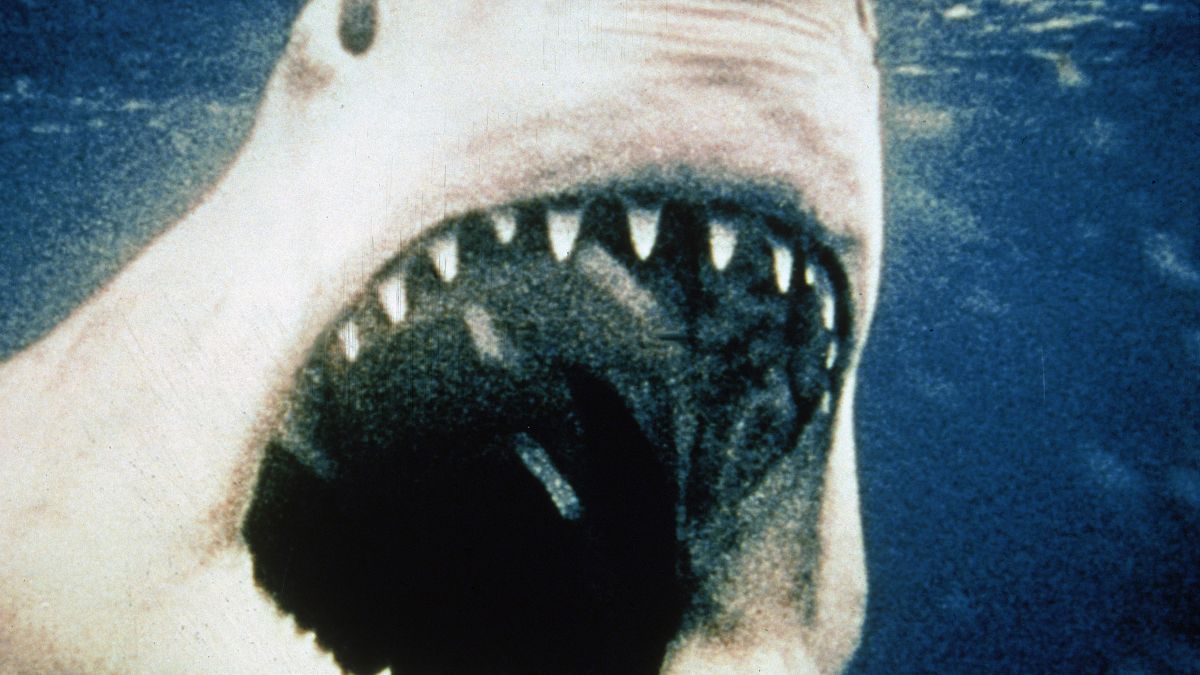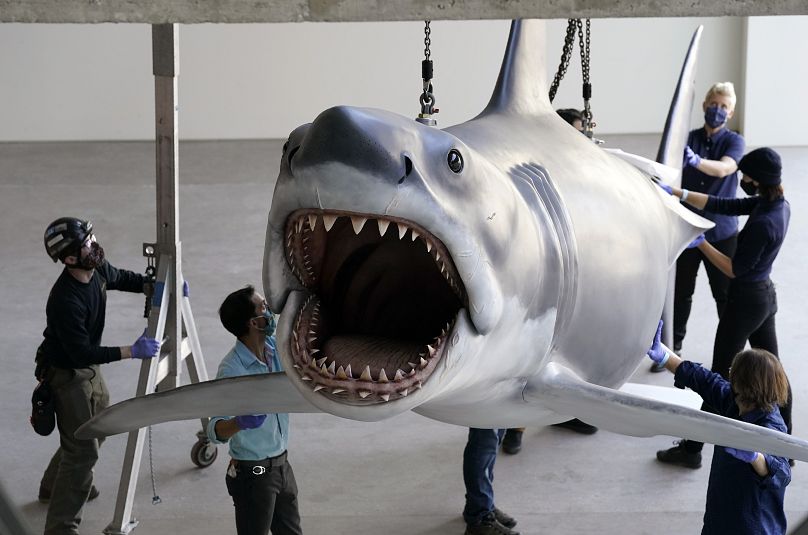On this day in 1975, the classic horror film which rendered everyone (more than) a little afraid of the ocean was released.
Jaws, the cult horror film, directed by Steven Spielberg, was released on 20 June 1975 to critical acclaim and commercial success, becoming the highest-grossing film ever at the time and retaining that title until the release of Star Wars two years later.
Based on the Peter Benchley novel of the same name, the film tells the story of a great white shark which terrorises Amity Island, a fictional small beach town in the United States.
Benchley’s novel itself was inspired by the Jersey Shore shark attacks of 1916 which killed four people and injured one other.
While the original Jaws slightly dented its reputation by signing off on three far less well-received sequels, the 1975 film revolutionised the way Hollywood made movies.
It was seen as a watershed moment in cinema history and is often referred to as the prototypical summer blockbuster, paving the way for major Tinseltown film studios to rejig their annual marketing strategies to centre around a big release at the end of June and beginning of July.
As the first of its kind, Jaws was perceived as a new cultural phenomenon which focused on fast-paced and exciting entertainment which would spark conversations beyond the cinema as well as repeated viewings.
The plot follows Amity Island’s Police Chief Police Chief Martin Brody (portrayed by Roy Scheider) as he tries to close the town’s beach to protect visitors from a dangerous shark. He is stopped by mayor Larry Vaughan (played by Murray Hamilton) who insists that the beach remains open in order to sustain the local tourist economy. After several shark attacks, though, Brody enlists the help of a marine biologist as well as a professional shark hunter who voyage into the ocean on a boat called the Orca.
While Spielberg’s original plan to train a real great white shark wasn’t feasible, the production, which featured a mechanical shark, nicknamed Bruce, was still challenging.
The first major motion picture to be shot on the ocean, in this instance mostly at Martha's Vineyard in Massachusetts, Jaws went both over budget and over schedule.
Bruce and other imitation sea creatures were not reliable as shark stand-ins and often malfunctioned, causing Spielberg to suggest the great white’s presence, rather than showing it.
To achieve the effect, he employed a minimalist and ominous musical theme created by composer John Williams which let audiences know the shark was about to appear, in a suggestive approach also undertaken by iconic director Alfred Hitchcock.
Jaws won three Oscars, for Sound, Editing, and Original Score and was nominated for several others, including Best Picture.
In the 48 years since its release, it has become a cultural phenomenon, inspiring vast amounts of merchandise, a cult following and two theme park rides.
The film's success led to three sequels: Jaws 2, Jaws 3-D, and Jaws: The Revenge, which were not as critically acclaimed as the original but still managed to make an impact at the box office.
1979’s Jaws 2 was responsible for the iconic tagline ‘Just when you thought it was safe to go back in the water…’, which has been parodied and paid homage to for years.
Together, the four films have earned nearly $800 million - or €732 million - gross worldwide and the original 1975 movie is generally regarded as one of the greatest films ever, frequently appearing in the top 100 of various rankings.
Interestingly, Peter Benchley later said he regretted ever writing the original book as it encouraged a widespread fear of sharks. He died in 2006 and spent much of his life promoting the cause of ocean conservation.






